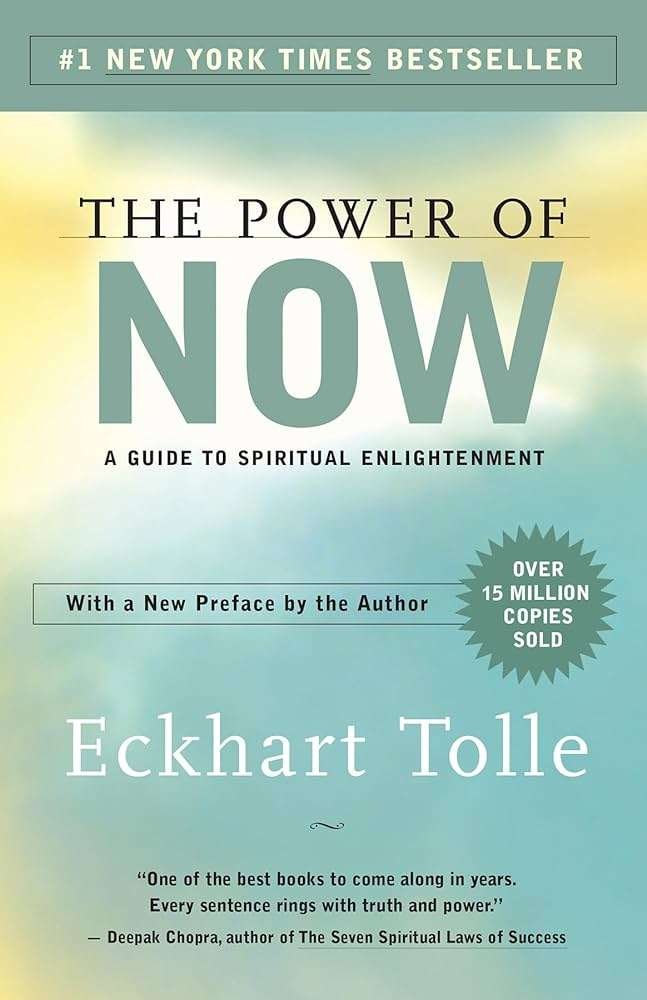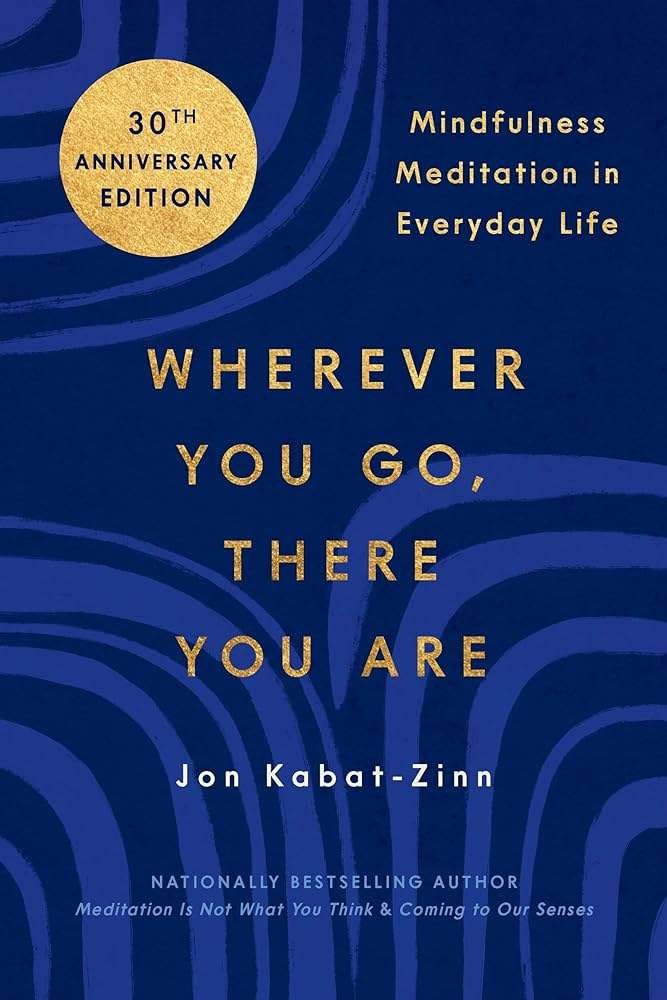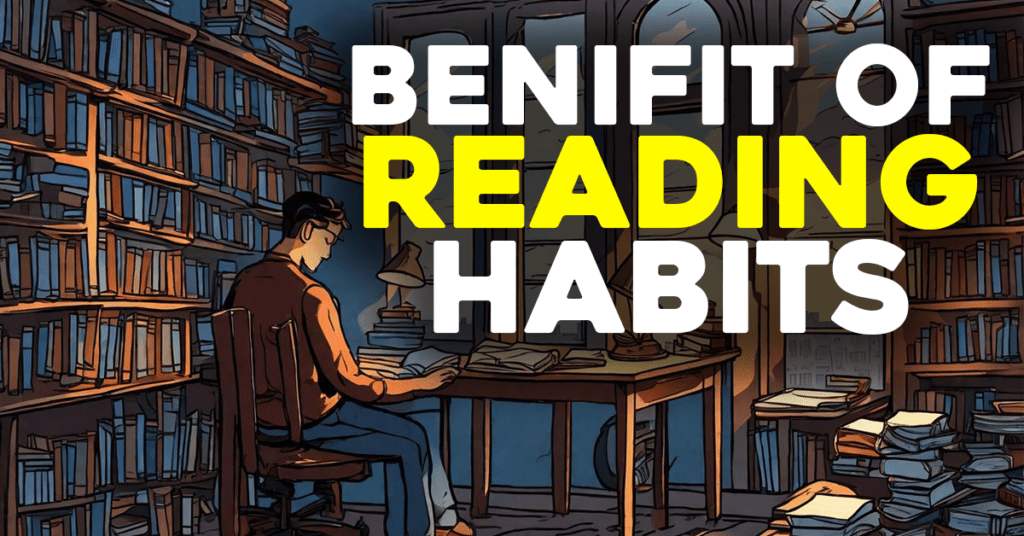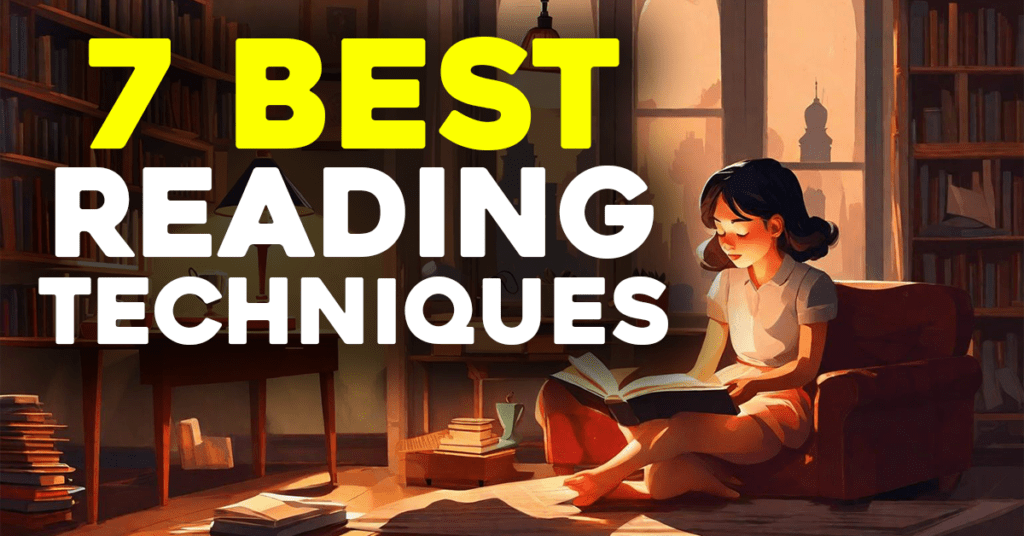Introduction to Bibliotherapy
Definition of Bibliotherapy
What is Bibliotherapy?
Bibliotherapy, simply put, is the use of books and reading as a form of therapy. This practice harnesses the power of literature to foster mental health, provide emotional support, and enhance cognitive abilities.
Brief history and origins
Bibliotherapy was a word steeped in an empowering sense of hope for many, because not only did it represent either the availability of emotionally supportive literature or that romantic Greek scenario with libraries serving (frequently by writers who had little need themselves) as homes for healing our inner wounds. Though first coined in the early 20th century by Samuel Crothers, today bibliotherapy is used as an umbrella term for a diverse range of healing practices confined to reading.
How Bibliotherapy works
It is often done with a therapist as part of the course of psychotherapy therapy where the therapist helps in picking out books that may be helpful to your current emotional and psychological state. The texts you are addressing can make others feel more at ease as a result of connecting with what was then-near uncharted waters coming in to look much less troubling and at times very similar towards their own life.
Benefits of Bibliotherapy
Mental health benefits
Healing books alleviate the symptoms of anxiety, depression, and other mental illnesses. lit i am in control of what the literature is presenting us with as a safe space to feel and sad)?
Guidance and emotional support
Books provide solace and Strength in shared humanity – that your troubles are not yours alone.

Types of Bibliotherapy
Self-help books
Self-help books are intended to help a specific issue but offer readers with ideas and strategies which make them better by developing their well-being.
Fiction vs. Non-fiction
Fictional story can help the reader to understand emotions in a more interactive way very often containing multiple dimensions with finer details. Non-fiction, on the other hand is facts and steps that show you how to make it work in your non-book life.
POETRY AND ITS HEALING PROPERTIES
Bibliotherapy can be especially supple when employed through poetry. It speaks in a rhythmic and often metaphorical language that has the power to resonate with potent feelings and allow one to reflect upon inner battles, aiding healing.
Choosing Bibliotherapy Books
How it relates to YOUR problem
Identifying personal needs
Becomes aware your emotional or psychological needs first. Perhaps, you are feeling stress, anxiety or grief.
One prong of the solution is tying books directly to issues.
Pick books that speak to what you are struggling with. A self-help guide on anxiety or a literary fiction about overcoming loss for example, both mirror what you are going through.
The resonance of a personal nature
This is very important that the book speaks to you. This is likely to be an improvement in the strength with which bibliotherapy can form connections.
Credibility of the Author
Credentials and expertise
Look into the author. Is this person a licensed psychiatrist, psychologist or expert in the field that they are writing about?
About the Author
Look at the history and experience of the person writing it In some cases, do they possess a life experience that adds truth to their writing?
Reviews and endorsements
Read web reviews and recommendations by reputable people. It will show you areas of the book that had some type an impact or were weakened by how they were written.

Readability and Engagement
Writing style and readability
The book should be easy to read and understand. Complex language and jargon can hinder the therapeutic process.
Storytelling elements
Good storytelling can make the book more relatable and impactful. Look for books that engage you with compelling narratives.
User engagement and interactivity
Some books offer exercises, prompts, or questions to encourage active participation. These can enhance the therapeutic benefits by involving you more deeply in the reading process.
Top Bibliotherapy Books to Consider
Books for Anxiety and Depression
Feeling Good by David D. Burns
Uses cognitive behavioral therapy skills to counteract negative thinking.
The Anxiety and Phobia Workbook – Edmund J. Bourne
Attractive difficulties and strategies for anxiety, phobias.
First, We Make the Beast Beautiful by Sarah Wilson
Equal parts memoir and guide, here is a deeply personal exploration of what it means to live with anxiety.



Books for Stress and Mindfulness
– The Power of Now by Eckhart Tolle
Learn how to live in present
Wherever You Go, There You Are by Jon Kabat-Zinn
The Meditator’s guide to mindfulness meditation.
Meik Wiking | The Little Book of Hygge
Hygge and Why It Can Make You Happier (and less stressed)



Books for Grief and Loss
- “On Grief and Grieving” by Elisabeth Kübler-Ross and David Kessler
- Explores the five stages of grief and offers guidance for moving through them.
- “Option B” by Sheryl Sandberg and Adam Grant
- Combines personal stories with research on resilience and finding joy after loss.
- “The Year of Magical Thinking” by Joan Didion
- A memoir of loss and healing, offering deep insights into the grieving process.



How to Integrate Bibliotherapy into Daily Life
Making Time to Read
Creating a reading schedule
Reading habit regularly Try to have certain hours for bibliotherapy every day.
Creating a Good Reading Atmosphere
Find a quiet room or space to read where you can be comfortable and focus.
Maintain balanced with respect to bibliotherapy and other acts
Make sure to avoid reading as an obligation. Combining this with other things you enjoy is a good way to lead a healthy life.
Reflective Reading Practices
Keeping a reading journal
Write a reading journal to keep notes and everything you reflect on. Doing so will help you to assimilate and internalize the information.
Book-club-meets-support-group
Discussing your reading experiences with a support group can encourage new ways of looking at things and emotional camaraderie.
Using those learnings in the real world
Use those lessons and insights that you have learned from whatever book that you happen to be reading, in your everyday lives. This may amplify the real-world value of bibliotherapy.
Integration of Bibliotherapy into Other Therapies
To Professional Therapy
Bibliotherapy could also be a useful adjunct to professional therapy. Open up your reading to the therapist and sees it as a part of you total treatment package
As an Adjunct to Bibliotherapy
Books are very useful but they should not be a substitute for professional help. Expand Equine Therapy Use bibliotherapy as a companion.)
Monitor Achievements and Outcomes
Continually measure your success with bibliotherapy. Monitor the impact on your mental and emotional health along with what you read, and if need be change up a few of those reading selections.

Potential Challenges and How to Overcome Them | Best Bibliotherapy Books
Finding the Right Book | Best Bibliotherapy Books
Overcoming choice overload
But with so many books to choose from it can be daunting choosing the right one. Condense your select by targeting more precisely at what you require and truthful advice.
Asking your friends for solid GO TO ideas
If you are unsure of what to read, remember to consult mental health professionals like librarians or friends who have some experience with bibliotherapy.
Going Back: The Problem of Re-Choice
If something doesn’t jive with you, that’s okay — just pick up another book and keep on going. Going through the trial and error process of discovering what works best for you in terms of literature.
Maintaining Consistency | Best Bibliotherapy Books
Dealing with procrastination
You do not want to feel overwhelmed by the thought that you have an enormous number of books ahead of your, so write down small but attainable goals.
Setting realistic goals
Open just a few pages per day and slowly increase this way you will start to develop more interest in reading.
Counts on accountability and alarmworkers
It gets you someone to talk about your progress with and helps keep you a bit more accountable. All the amazing ideas in the world will do you no good if – when things start to change or get challenging – there’s nothing in place to keep your good habits front of mind and routinized. Use his reminders/scheduling ideas for reading all those books he offers (for example).
Processing Difficult Emotions | Best Bibliotherapy Books
How to cope with triggers and strong emotions
That said, some book can really pack an emotional punch. Do this and when it happen you need to pause, take a break do some self care.
Seeking support when needed
Date night package includes short educational videos and date meeting slides, easily make it done at home if you feel overwhelm with materials too much then try to consult a therapist or find someone u trust.
Practices in Self-Care and Patience
Be patient with yourself. Bibliotherapy is a journey, and you need to look out for your emotional wellbeing while doing it.

Summary and FAQs | Best Bibliotherapy Books
Summary: Best Bibliotherapy Books
Bibliotherapy is the use of literature to address any number of emotional or psychological issues. Opting for the right book means accounting personal relevance, author authority and readability. Including bibliotherapy in your routine may help going forward, as well the other therapeutic tools that are part of daily life. While that permeance does pose a few hurdles in itself (you may not immediately find the right book to read, or you might have trouble maintaining your pace), but those are problems we can manage.
FAQs: Best Bibliotherapy Books
What is the best way to start with bibliotherapy?
Begin by identifying your specific needs and seeking book recommendations from trusted sources.
How do I know if a book is helping me?
Pay attention to any positive changes in your emotions, thoughts, or behaviors. Keeping a reading journal can help track these changes.
Can I use bibliotherapy with other forms of therapy?
Yes, bibliotherapy can complement other forms of therapy. Discuss it with your therapist to integrate it effectively.
What should I do if a book is too overwhelming?
Take breaks, practice self-care, and seek support if needed. You can also switch to a different book.
How long should I spend on bibliotherapy each day?
Start with a manageable amount of time, such as 15-30 minutes a day, and adjust as needed based on your comfort level and schedule.
Conclusion: Best Bibliotherapy Books
Bibliotherapy provides an opportunity to grapple with a range of emotional and psychological challenges through selected literature. Readers can be greatly benefited by knowing which books to read and how they help you in your daily routine. In this guide, we are including some of the most influential bibliotherapy books and demonstrating how to read them in a way that allows for deep healing – taking you from reading as an escape only into heart-centered bibliophila.
Check Out The Sources
Check Out More


